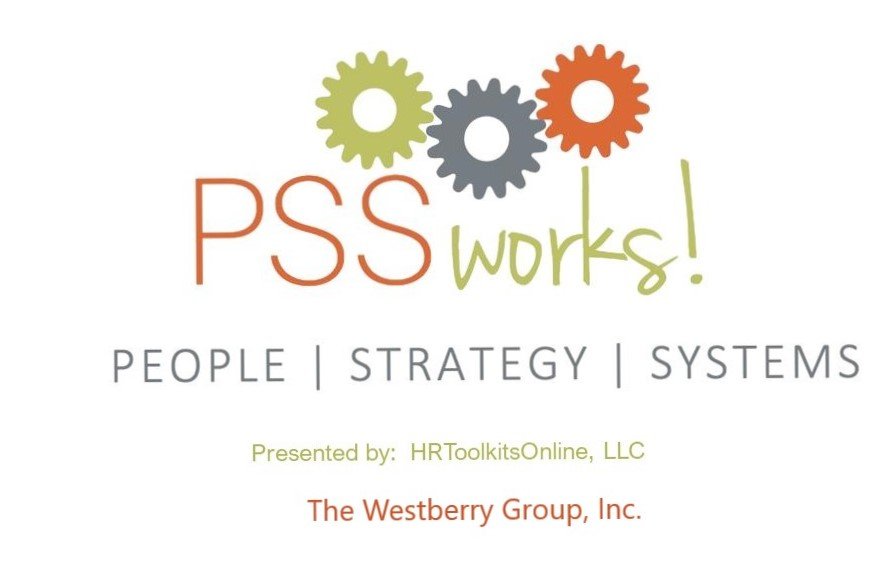Does Feedback Really Work?
Do you consider yourself great at giving feedback because the recipient smiles and says thank you?
While you may think this is a good way to help someone improve, you may be surprised to hear that research shows that giving feedback only improves performance about a third of the time.
What’s worse is that employees often say feedback tends to feel critical and condemning. In a recent survey by Gallup at Work, they found that only 26% of employees strongly agree that the feedback they receive helps them do better work.
So, how do you avoid feedback failure?
Since most feedback focuses on mistakes or failed past performance, try leading the conversation by painting a picture of future success. When your intended recipient, whether it’s an employee, teammate, or even friend, feels they are engaged in a two-way meaningful conversation focusing on future possibilities, the paradigm shifts…you go from fearsome foe to helpful coach.
Conversations that make the other person feel like they were heard and understood are critical to successfully delivering feedback. You have to build trust with them before they can hear the message that you’re trying to deliver.
Great leaders have the ability to build trust even when they have to communicate hard or challenging news. The key is to do so in such a way that is naturally positive and constructive. While this skill rarely comes naturally to most managers, it can be learned and developed over time.
The next time you start to utter the dreaded word, “feedback”…just stop and rethink the effect this could have on the recipient. Build trust by being honest and positive in your conversations with them.
Coach your employees with kindness and an eye toward their future success.

